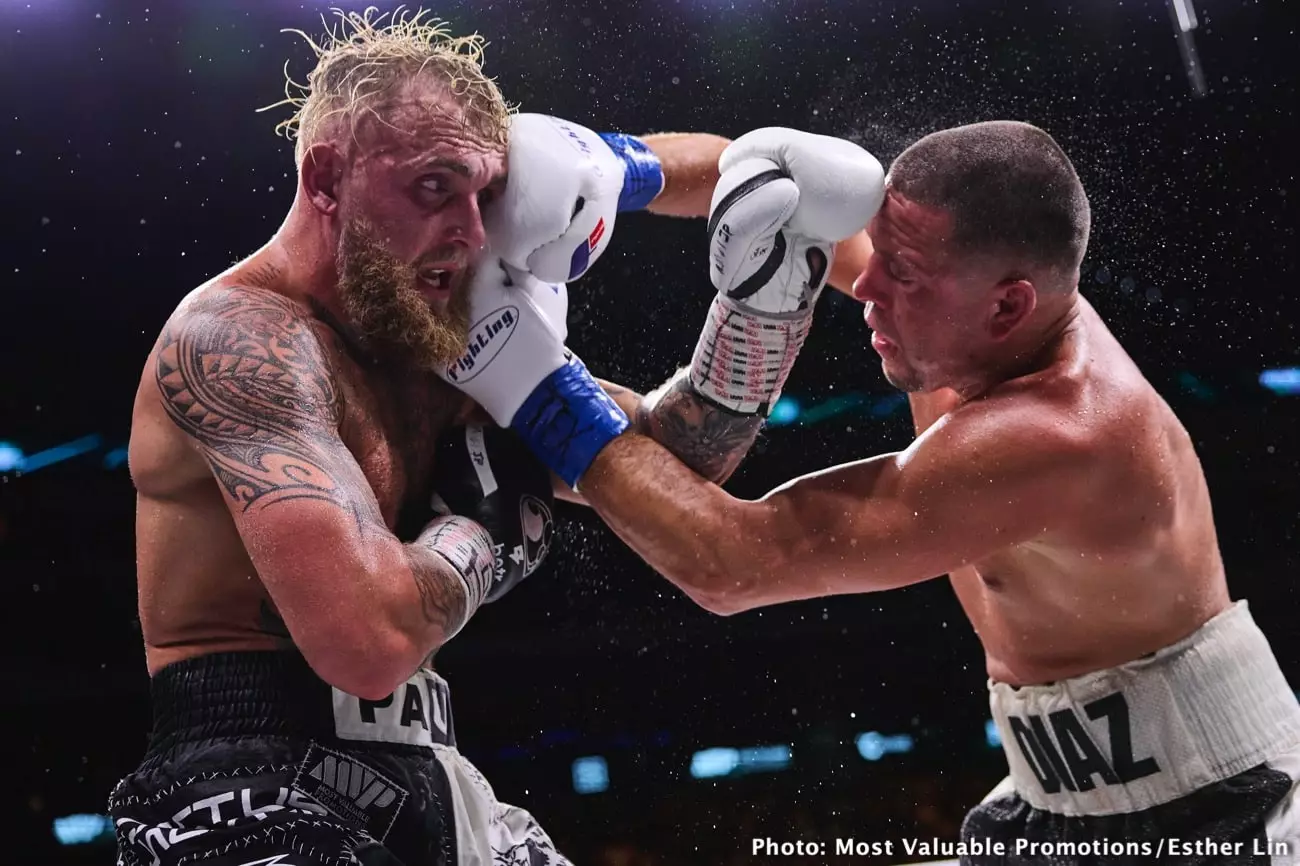With the highly anticipated fight between Mike Tyson and Jake Paul looming, there’s a palpable tension in the air. Fans and analysts alike have expressed considerable concern about Tyson’s safety as he steps into the ring with the 27-year-old YouTube star on one of the biggest fight nights. Concerns not only revolve around Tyson’s advanced age but also about how seriously Jake Paul will approach this eight-round encounter.
The spectacle of boxing often brings out a combination of excitement and trepidation, especially when a seasoned fighter like Tyson, aged 58, is matched up against a significantly younger opponent. Tyson’s legendary status in boxing is marred by the reality of aging and its physical toll. As he demonstrated during a recent media workout, Tyson’s movements might still show flashes of his explosive potency from his prime years, yet the underlying question remains—can he sustain that intensity for a full eight rounds?
Many concerned voices, including that of boxer Chris Algieri, have articulated skepticism regarding the nature of the fight. “Is Paul going to go out there and fight Tyson like he’s fighting everyone else?” asks Algieri. This captures the essence of many fears: that a serious approach from Paul could put Tyson at significant risk—not just of losing but of sustaining a potentially career-ending injury. Should Paul decide to take the fight seriously, the outcome could drastically alter how fans perceive both fighters, and could even mark a sad chapter in a legendary career.
Jake Paul’s strategy has centered around selecting opponents with a calculated eye on profitability rather than bolstering a traditional boxing resume. Critics claim that he is choosing bouts that are more about monetary gain than sporting merit. As Paulie Malignaggi points out, “A 58-year-old doesn’t take as good a shot as a younger.” This reveals an unsettling truth about the fight: Tyson’s diminished resilience could spell danger if he gets hit with the full force of Paul’s punches.
The stakes are high for both parties. For Paul, winning decisively against a storied figure like Tyson could elevate his status, but it raises ethical questions. Would a quick knockout of a widely recognized veteran like Tyson truly add substance to his achievements? Or would it highlight the glaring disparity in age and ability?
Analysts are divided on the fight’s dynamics, but the general consensus leans toward the belief that Tyson’s best chance lies in delivering a knockout early in the bout. The wisdom circulating in boxing circles suggests that if the fight drags beyond the second round, Tyson’s chances of winning diminish significantly due to fatigue—a critical concern for someone with a history of lifestyle choices impacting his physical condition.
Moreover, many people are skeptical about the betting landscape surrounding this fight. Observers wonder if the absence of betting lines is indicative of an underlying belief that Tyson is outmatched. What does it mean that even seasoned gamblers seem unconfident about the potential outcomes? If Tyson were to survive until later rounds, speculation would surely arise regarding the authenticity of the bout, fueling rumors of a set-up to ensure a longer engagement in the ring.
As fight night approaches, the boxing community holds its collective breath. Many grapple with the dichotomy of nostalgia for Tyson’s achievements and the grim reality confronting him in the ring against Jake Paul. With age, physical capacity clearly wanes, and the question of longevity in combat sports becomes crucial. Amid pressures of entertainment, revenue, and legacy, Tyson’s decision to enter this fight raises fundamental questions about the responsibilities of those involved in the sport, the ethics of such matches, and the fine line between respect for a legend and the stark reality of age. In the end, the forthcoming showdown will not only be a clash of fists but a poignant narrative about the intersection of youth and experience inside the ring. The stakes are high, and only time will reveal the outcome.

